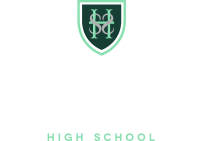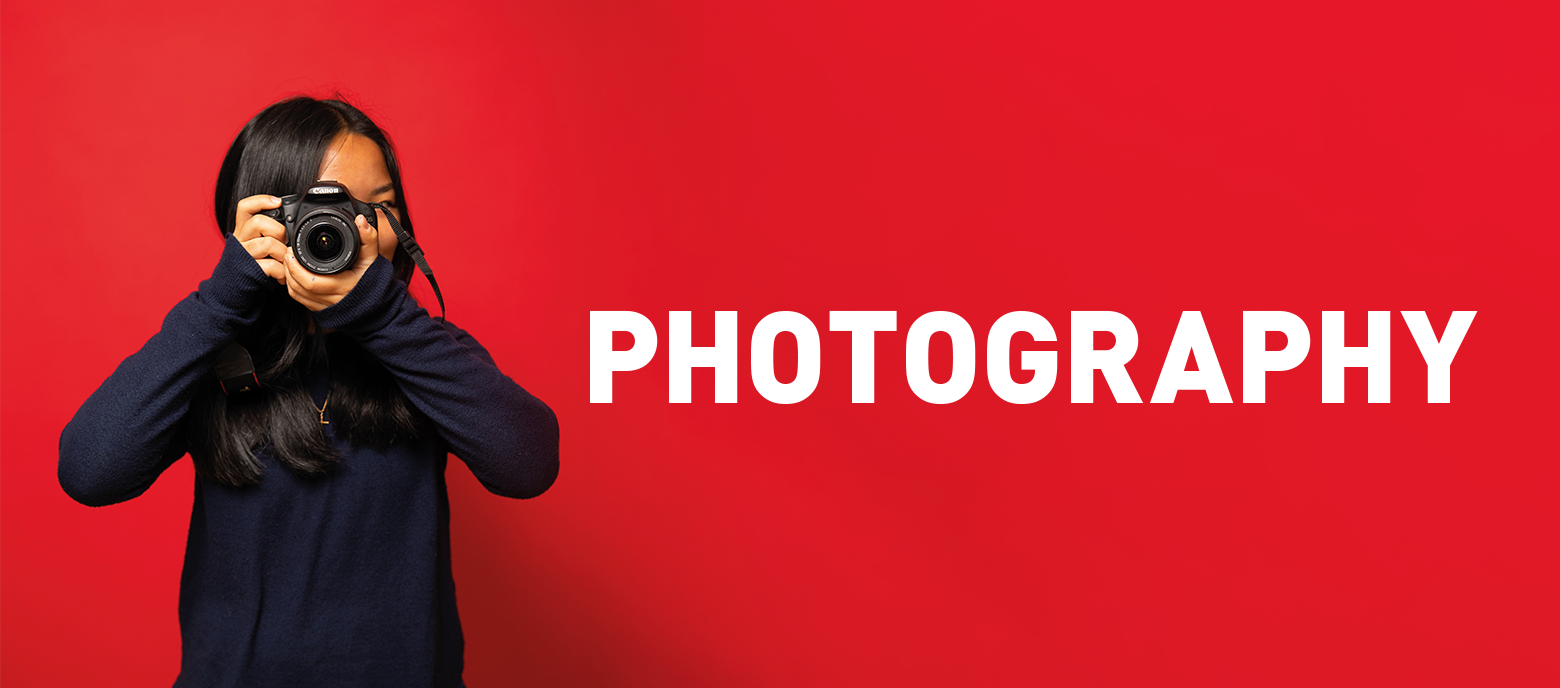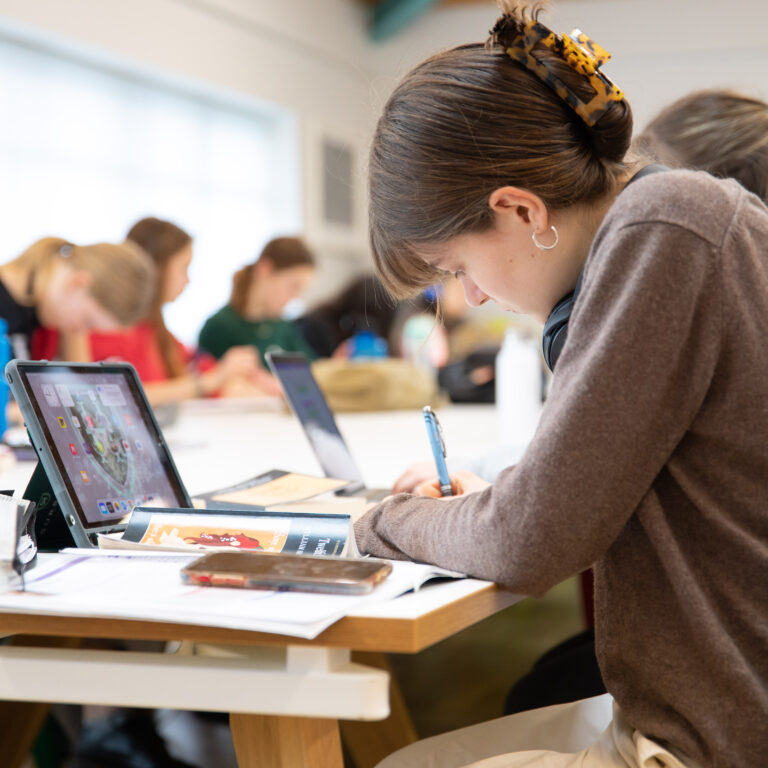Examination Board: Edexcel
Photography is a popular subject at A-level; it allows students to explore their creativity and is hugely beneficial in a whole range of future careers. Our Photography course offers transferable skills that are useful in both creative and non-creative future career pathways.
It is important to be self-motivated and very enthusiastic about taking photographs.
Computer knowledge is essential for digital photography. Students are taught all the basic skills and disciplines within Photography; technical camera skills, using digital software, film making, darkroom practice and experimental photography.
Research and analysis of the work of historical and contemporary photographers is integral to the specification.
Students are expected to have their own SLR camera. They do not necessarily need to have taken GCSE Art or Photography, but should be able to show a creative flair and personal interest in photography. Applicants will be asked to provide the Director of Art with a portfolio showcasing their skills and interest.
At the end of the course, we hope you will have enjoyed the experience and will wish to continue, perhaps by going on to study Photography at university or taking an Art Foundation Course.
Many of our students go on to pursue Photography at higher education and we offer portfolio preparation and interview classes for students applying for these courses.
We study Edexcel Photography, which runs as a linear course over two years. It has two components which are marked internally and moderated externally.





